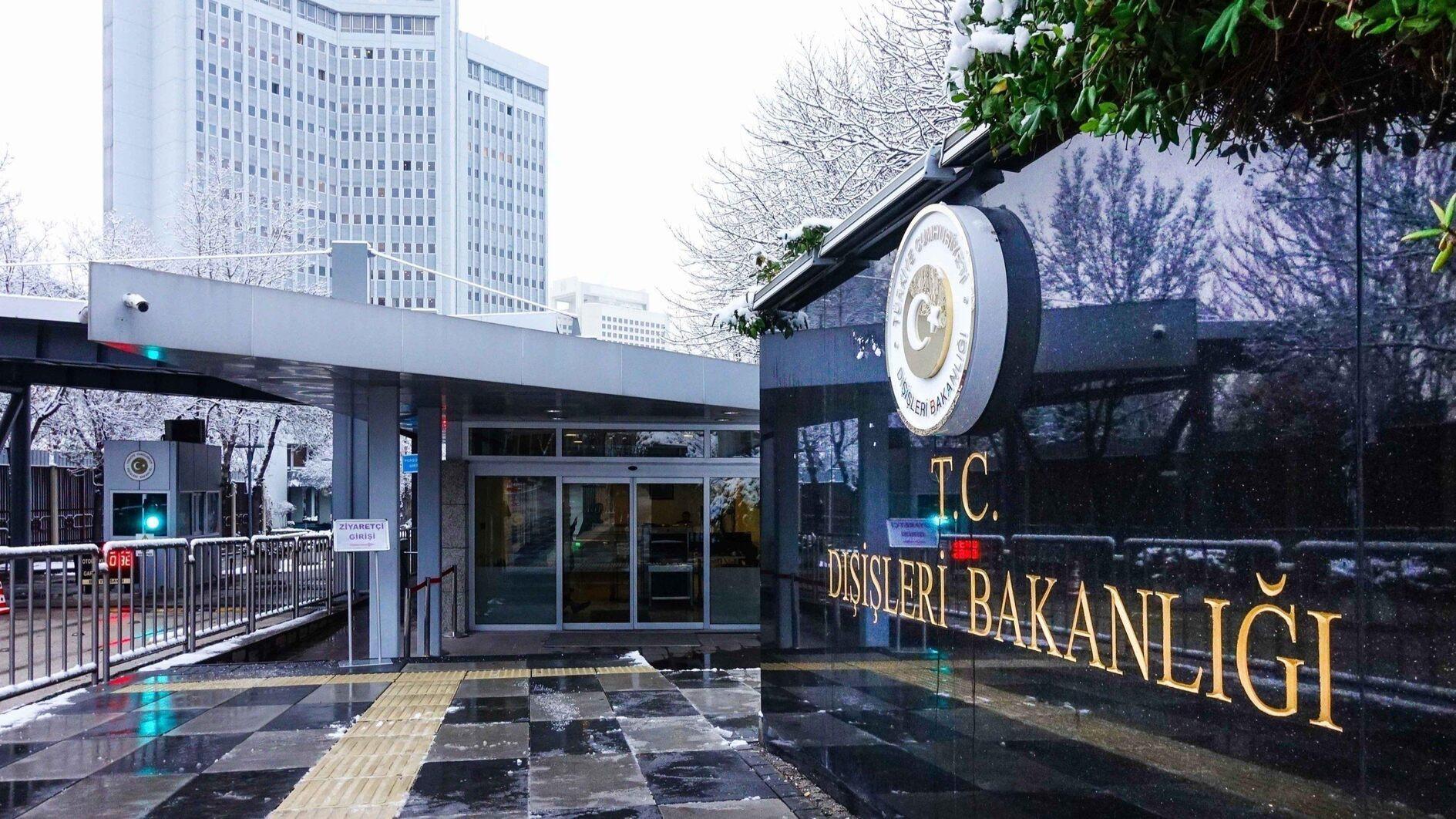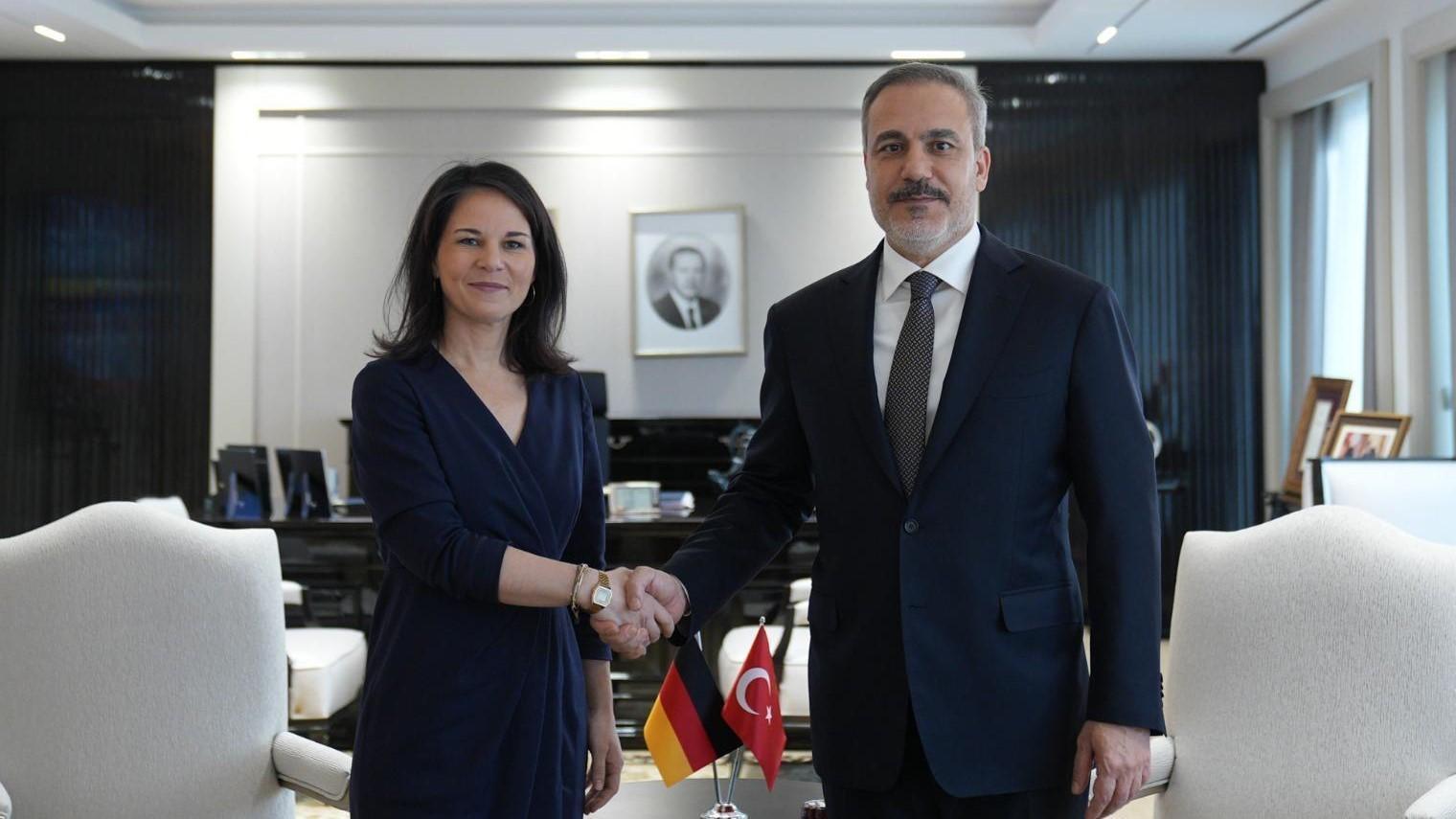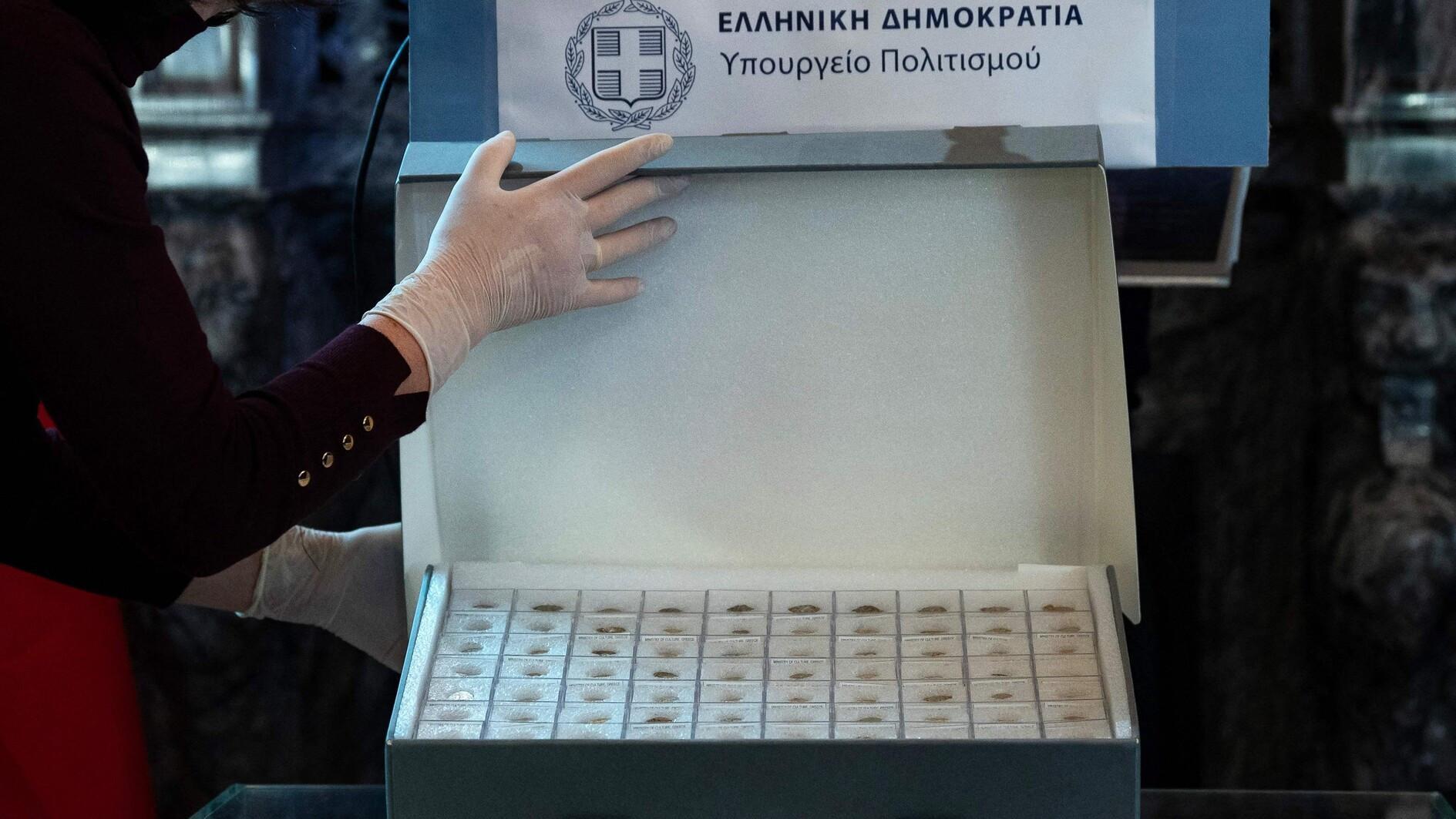How to destroy ISIL while Assad remains in power?
U.S. President Barack Obama disclosed last week the much-awaited American strategy against the Islamic State of Iraq and the Levant (ISIL), with the ultimate objective of “destroying the extremist jihadists.”
A meeting in Jeddah with the participation of the Gulf Countries Council, Jordan, Egypt, Lebanon, Turkey and Saudi Arabia, was followed by another in Paris on Sept. 15 that saw the participation of nearly 30 countries, in line with the disclosed U.S. strategy. Washington is continuing to team up a coalition to actively fight against ISIL in Iraq and Syria, while France has already begun reconnaissance flights over Syria and Iraq.
Countries are working on their potential contribution to the military campaign against ISIL, with non-NATO Australia becoming the first to announce that it will pledge 600 troops to the coalition. There are some other countries that are allegedly ready to offer ground troops to the U.S.-led coalition, although Obama has already stated the principle “no boots on the ground.”
However, for Turkish President Recep Tayyip Erdoğan, a military campaign ruling out the involvement of ground troops does not have much chance to claim victory against the powerful ISIL militants. “The success of a military operation without ground troops is impossible. It can only be a deterrent,” he told journalists traveling with him to Qatar on Sept. 16.
Erdoğan’s statement shows Turkey is not too convinced of the effectiveness of Obama’s strategy to destroy ISIL. That would be another reason for Turkey to hesitate in actively taking part in the coalition, apart from the fact that it does not want to risk the lives of its 49 citizens who have been held as hostages by ISIL since June 11.
One other problematic area for Turkey is the fate of Bashar al-Assad, the main actor responsible for the three-year-long unrest in Syria and for the growing of ISIL. There are growing concerns that the strategy Obama announced will work to the advantage of al-Assad, while there are already calls to the U.S. to cooperate with Damascus to end the jihadist trouble in the region. No doubt, toppling al-Assad is not on the West’s immediate agenda. Turkey, however, is of the opinion that a change in the Syrian regime is a must for a sustainable situation in the Middle East to be achieved.
Looking from a wider perspective, one can say neither the objectives, nor the military methods of the United States, are shared by the Turkish leadership. Turkish Foreign Minister Mevlüt Çavuşoğlu made clear in Paris that an inclusive politics resulting in the change of a regime in Syria and in the formation of an inclusive government in Iraq are necessary for a stable Middle East.
This difference of opinion does not make Turkey a non-ally, as the Wall Street Journal suggested in a Sept. 15 editorial, but indicates there is a need for more dialogue and cooperation between Ankara and Washington. The two countries should exert efforts to not let the ongoing debate over how to end the ISIL problem ruin their relations, as they will continue to need each other in the region.











